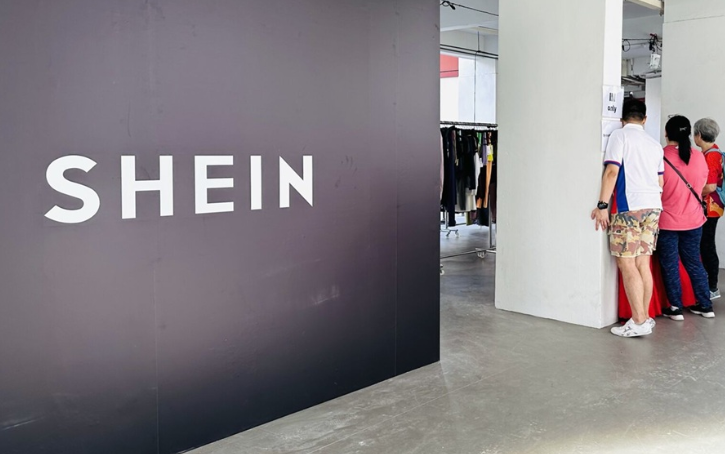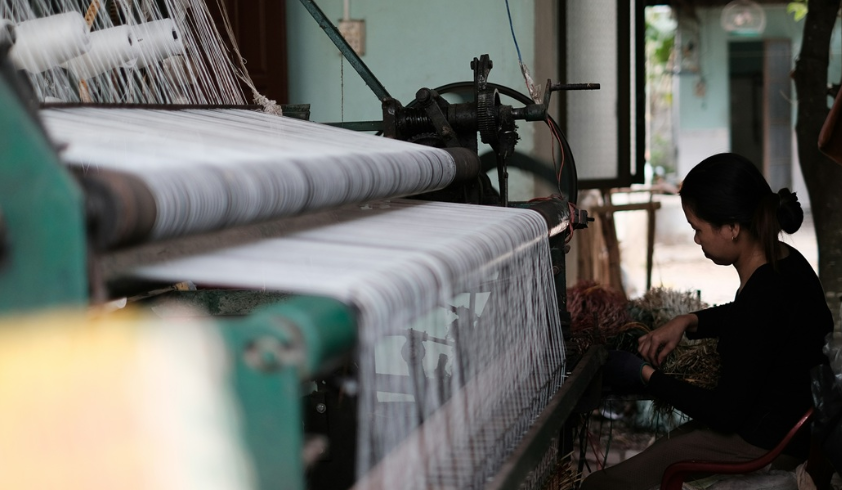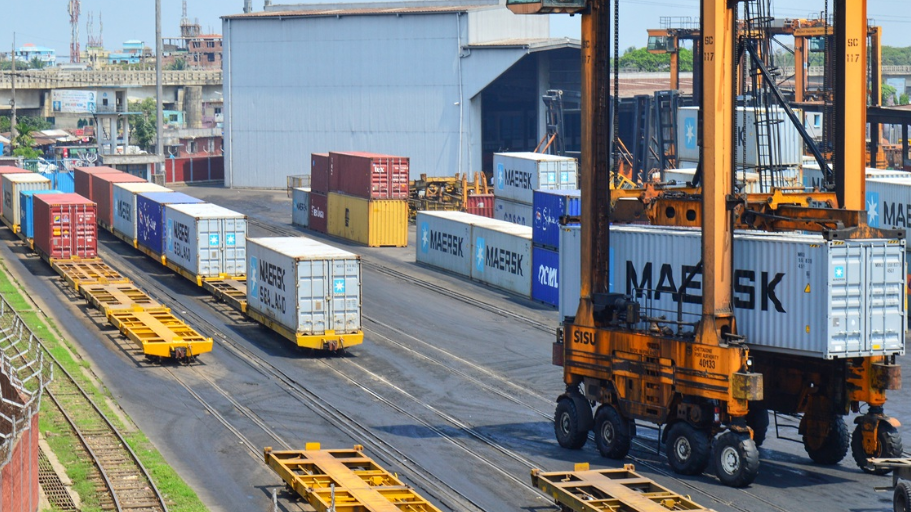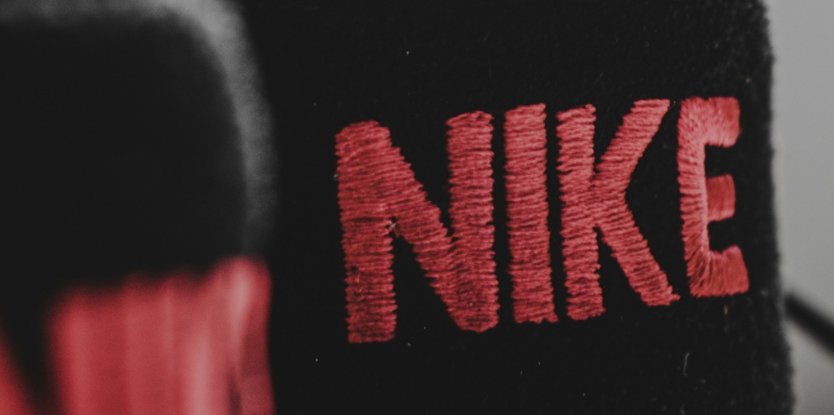Asia Fashion Weekly News Bulletin – ISSUE 21 Week of 30 June 2025
(1) Shein Alters IPO Course, Moves Forward With Hong Kong Listing Instead of London
Shein is making a third attempt to go public by filing a confidential IPO application in Hong Kong after previous rejections in the US and UK.
(2) Vietnam Moves to Reduce China Dependence, Eyes New Partnerships in Footwear Supply
Vietnam is reducing its dependence on China by diversifying suppliers and boosting efficiency to protect its role in the global fashion industry.
(3) Bangladesh Port Strike Deals Another Blow to Global Fashion Supply Chain
A nationwide port strike in Bangladesh disrupted fashion exports amid political tensions over tax reforms, raising fresh concerns for the global supply chain.
(4) Tariffs Push Nike’s Costs Higher, With 1 Billion Euros Hit on the Horizon
Nike is tackling a sharp rise in costs from US tariffs by shifting production away from China, raising prices, and cutting costs to protect its profits.
(1) Shein Alters IPO Course, Moves Forward With Hong Kong Listing Instead of London

(Photo Credit: Modaes/ Shein)
Shein, the Chinese-founded ecommerce company headquartered in Singapore, is making a third attempt to go public, this time aiming for a listing on the Hong Kong Stock Exchange. The company plans to submit a confidential draft filing, a method that allows it to withhold sensitive information until later in the process, similar to its previous efforts in the UK and US.
However, Shein may face regulatory hurdles in Hong Kong, as the exchange typically requires companies to list their parent entity overseas, a condition Shein does not currently meet. Even if Hong Kong authorities approve the application, Shein would also need clearance from China’s Securities Regulatory Commission, which previously blocked its bid in London.
Having already faced rejections in New York and London, Shein is now turning closer to home in hopes of launching its long-awaited initial public offering. This move reflects the firm’s ongoing determination to join public markets, despite encountering significant regulatory challenges in multiple jurisdictions.
News Source: https://www.modaes.com/global/companies/shein-throws-in-the-towel-in-london-and-moves-forward-with-a-move-to-the-hong-kong-stock-exchange
(2) Vietnam Moves to Reduce China Dependence, Eyes New Partnerships in Footwear Supply

(Photo Credit: Modae)
Vietnam is reducing its reliance on China amid growing global trade uncertainty, especially in the fashion and footwear sectors. Many Vietnamese manufacturers are concerned about US tariff policies, particularly following a new trade deal that sets a 20 percent tariff on Vietnamese imports and a 40 percent tariff on goods suspected of being transshipped through Vietnam to evade US duties on other countries, primarily targeting Chinese origin products. In response, companies are investing in automation and efficiency to strengthen long-term competitiveness without depending too heavily on external partners.
Although China remains Vietnam’s top trading partner, with trade reaching over US$200 billion in 2024, the United States is close behind. Despite strong ties with China, nearly half of Vietnamese manufacturers are already sourcing from other countries, while others are renegotiating with current suppliers to reduce risk.
Vietnam plays a key role in the global fashion industry, supplying major brands like Nike and Gap. It is now competing with Bangladesh as the second largest textile exporter after China. With a fast-growing economy and a focus on strategic diversification, Vietnam is positioning itself as a resilient and adaptable manufacturing hub in the face of shifting global dynamics.
News Source: https://www.modaes.com/global/markets/vietnam-moves-away-from-china-worlds-sneaker-supplier-seeks-new-partners
(3) Bangladesh Port Strike Deals Another Blow to Global Fashion Supply Chain

(Photo Credit: Modae)
A two-day nationwide strike by port workers in Bangladesh has disrupted the movement of containers and threatened fashion exports, placing further strain on the global supply chain. The strike comes a year after political unrest toppled the previous government, and once again highlights the country’s central role in the fashion industry.
The protest was sparked by the interim government’s decision to dissolve the National Board of Revenue, which oversees customs and tax duties. The government, led by Nobel Peace Prize winner Muhammad Yunus, said the move was aimed at modernising the system and improving efficiency. However, workers fear job losses and a loss of institutional independence.
In response to the strike, the government urged workers to return to their posts to protect the national economy, warning that strict measures could be taken if disruptions continued. The stoppage has raised concerns among business leaders and exporters, particularly in the textile sector, which is vital to Bangladesh’s economy.
News Source: https://www.modaes.com/global/markets/new-blow-to-fashion-chain-strike-paralyzes-bangladeshi-ports
(4) Tariffs Push Nike’s Costs Higher, With 1 Billion Euros Hit on the Horizon

(Photo Credit: Modae/ Nike)
Nike is facing major financial pressure due to new tariffs introduced by US President Donald Trump, which are expected to increase the company’s costs by around one billion euros. The sportswear giant ended its 2024 financial year with a 44 percent drop in net income and an 86 percent fall in the fourth quarter alone. In response, Nike is undergoing a restructuring plan under CEO Elliott Hill to address these challenges and protect its profit margins.
To manage the impact of the tariffs, Nike plans to adjust its supply chain by reducing its reliance on China, which currently accounts for 16 percent of its footwear imports to the United States. The company aims to shift production to other countries by the end of fiscal 2026. It is also working closely with suppliers and distribution partners to share the burden of rising costs and limit the effect on consumers.
In addition, Nike will gradually raise prices in the United States starting in autumn 2025 and may introduce internal cost-cutting measures. The company expects these combined efforts to reduce the negative impact on its gross margin to around 75 basis points in fiscal 2026, with the biggest effect felt in the first half of the year. Despite the challenges, Nike remains committed to maintaining a strong and flexible global supply chain.
News Source: https://www.modaes.com/global/companies/more-wood-on-nikes-fire-1-billion-cost-increase-due-to-tariffs


